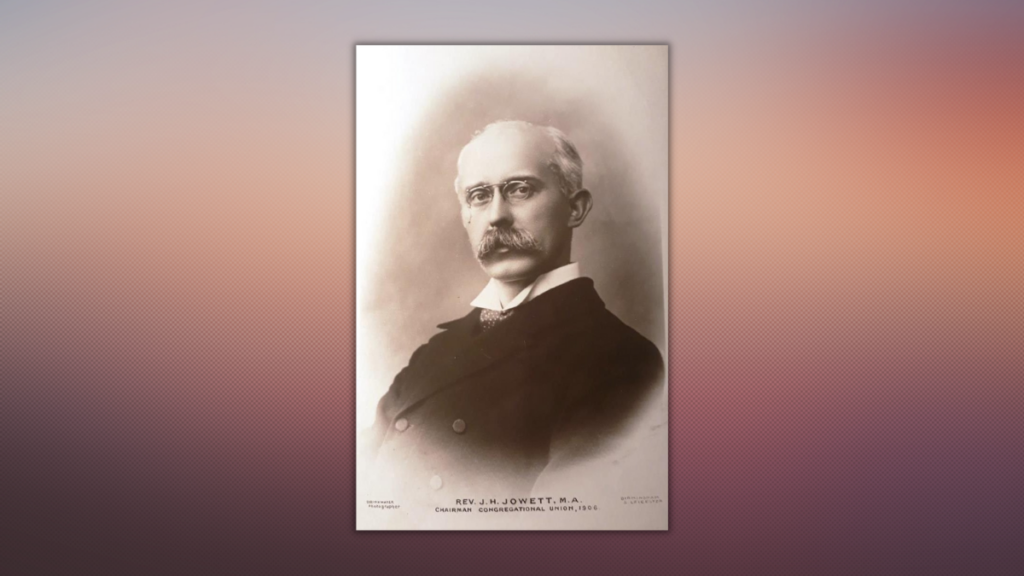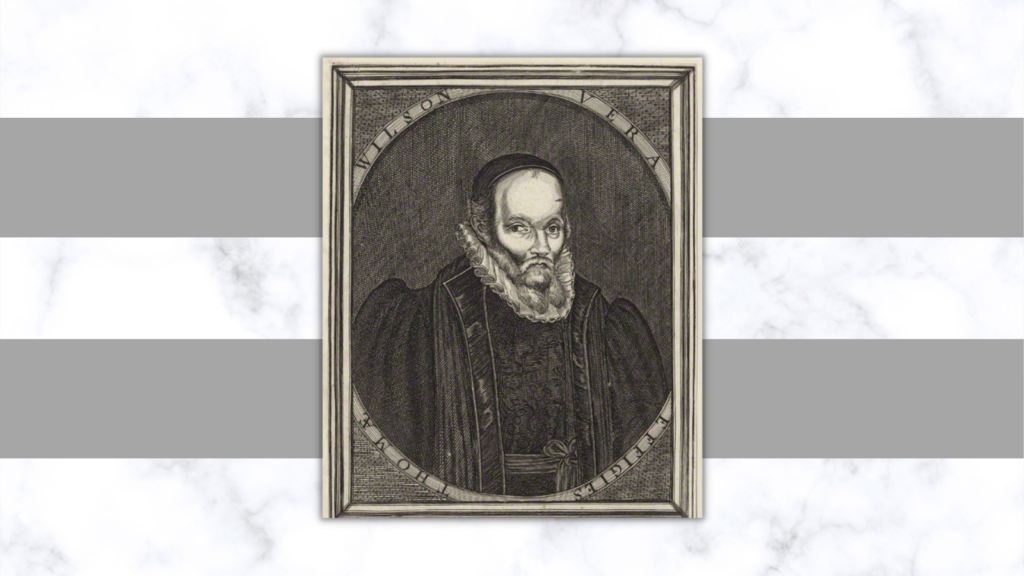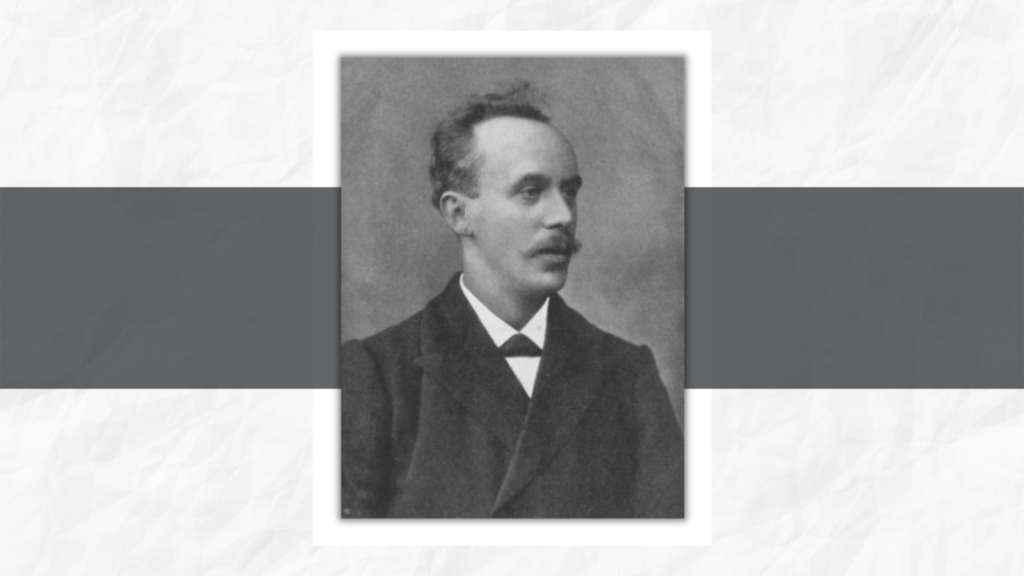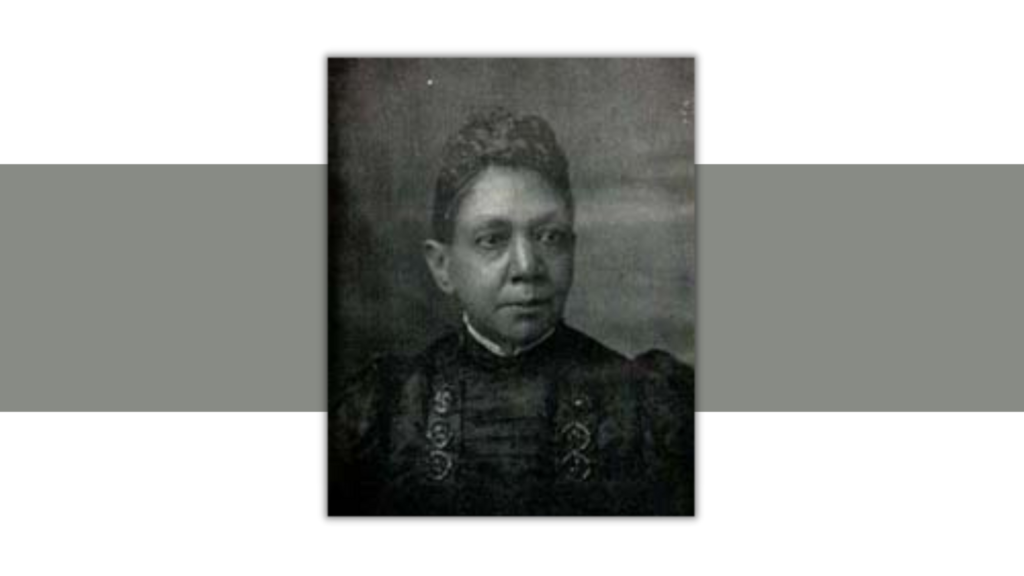John William Fletcher (1729–1785) was an Anglican vicar who became a leader in the early Methodist movement and its first great theologian.
He was born in Switzerland on Sept. 12, 1729, the eighth and last child of Jacques and Suzanne de la Flechere.
After receiving his education in Geneva, he traveled to Lisbon and Flanders before arriving in London. He became a tutor to sons of a wealthy family.
While living in London, Fletcher became acquainted with John and Charles Wesley. After hearing Methodist preachers speak of justification by faith in Christ, he realized he was a sinner. After struggling inwardly for some time, he came to faith in Christ and found peace.
Ordination
Fletcher was ordained in the Church of England as a deacon on March 6, 1757, and a priest seven days later. Appointed as a priest for the Madeley parish in Shropshire in 1760, he served there for 25 years. Madeley was a large industrial town with many coal miners. Whether it was in church or going where lost sinners were — in their homes, in the fields, in the coal mines — he was always preaching the gospel. He led many to Christ and established charities for the working poor.
During his time in Madeley, he also visited London and preached with John Wesley. Fletcher supported Wesley in the First Great Awakening, which brought revivals to Britain and the American colonies.
Writings
Fletcher wrote many theological books including his “Five Checks to Antinomianism,” “The Doctrines of Grace and Justice,” “The Portrait of St. Paul,” “Christ Manifested” and “Creeds and Scripture Scales.”
In 1781, he married Mary Bosanquet, one of the first women Wesley allowed to preach. They had a happy but brief marriage. Fletcher died on Aug. 14, 1785, of typhus fever. He was buried in St. Michael’s Churchyard in Madeley. Another vicar replaced Fletcher, but Mary remained in Madeley and worked in the parish for the next 30 years until her death in 1815.
John Wesley had chosen Fletcher as the leader of Methodism upon his death, but Fletcher died before him. In a sermon about his friend, Wesley said, “Many exemplary men have I known, holy in heart and life, within fourscore years, but one equal to him I have not known — one so inwardly and outwardly devoted to God. So unblamable a character in every respect I have not found in Europe or America; and I scarce expect to find another such on this side of eternity.”






Share with others: